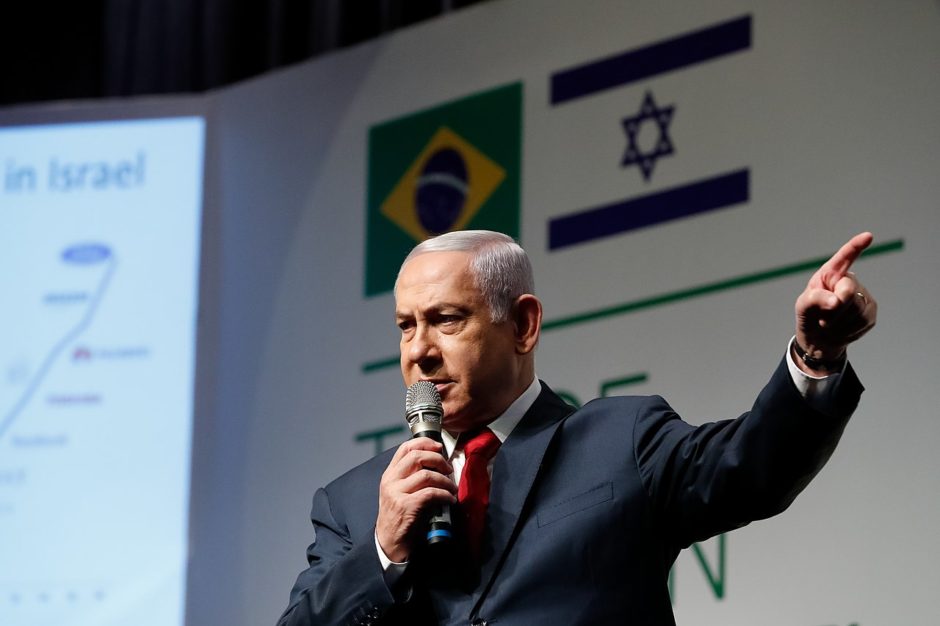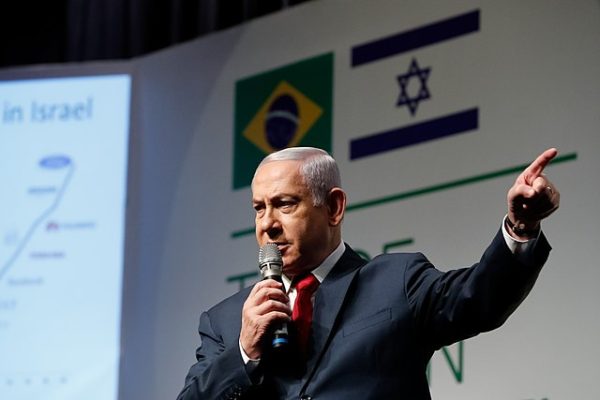
Benjamin Netanyahu is pushing ahead with his counter-productive election campaign promise to extend Israel’s sovereignty over the West Bank and thereby demolish the two-state solution.
On August 8, the Israeli prime minister yet again reiterated his pledge to annex parts of the West Bank during a cornerstone-laying ceremony for 650 new housing units in the settlement of Beit El.
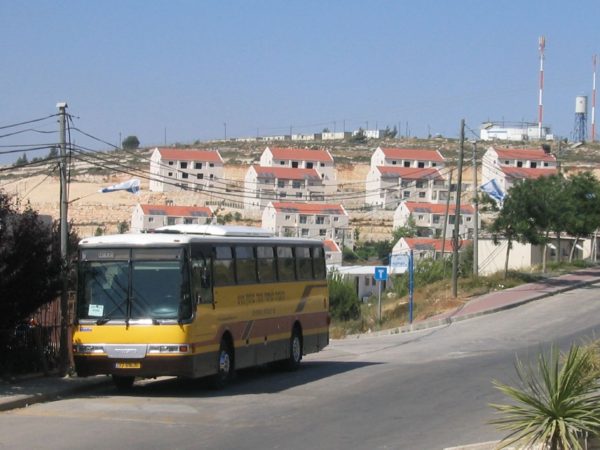
“We promised to build hundreds of housing units — today we are doing it, both because we promised and because our mission is to establish the nation of Israel in our country, to secure our sovereignty over our historic homeland,” he said.
Speaking just hours after Dvir Sorek, a Jewish student/soldier who was found stabbed to death near his home in the West Bank settlement of Ofra, Netanyahu added, “We know that the Land of Israel is acquired through suffering.”
Continuing in this vein, he said, “These vicious terrorists, they came to uproot — we come to plant. They come to destroy — we come to build. Our hands will reach out and we will deepen our roots in our homeland.”
On the day Netanyahu visited Beit El, Israel’s Ministry of Defence advanced plans to build more than 2,300 homes in West Bank settlements and outposts beyond the settlement blocs that Israel has claimed and the still unfinished security barrier. Taken together, Netanyahu’s declaration and the Ministry of Defence’s announcement bode ill for the prospects of peace, ruling out the increasingly faint possibility that Israel and the Palestinians can reach a just and viable agreement to partition and share the land.
True to his Zionist Revisionist beliefs, Netanyahu has reneged on his 2009 endorsement of a two-state solution and returned to his ideological roots. At most, Netanyahu is prepared to offer the Palestinians a measure of autonomy in the West Bank, leaving their dream of statehood in tatters.
Netanyahu’s annexationist agenda fools no one.
As British Foreign Secretary Dominic Raab observed a couple of days ago, further settlement expansion promotes “the effective annexation of the West Bank.”
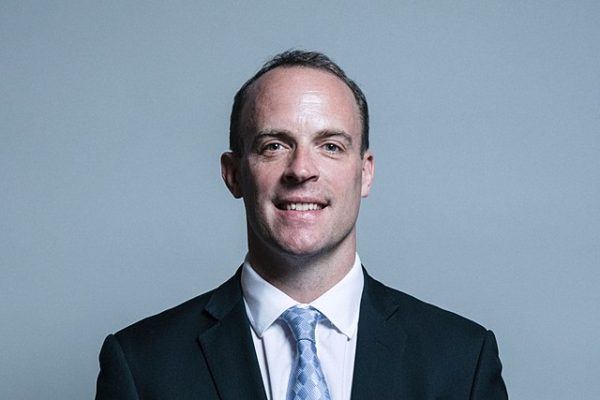
Conveying a similar message, the United Nations’ Special Coordinator for the Middle East Peace Process, Nickolay Mladenov, blasted settlement expansion as a “flagrant violation of international law” and contrary to UN resolutions supportive of the establishment of a sovereign Palestinian state.
Israel’s rejection of a two state solution will only stoke rage and resentment among the Palestinian inhabitants of the West Bank, prompting some to resort to violence. Dvir Sorek’s murder is part of this deadly process, a needless tragedy, a futile loss of life, but as Netanyahu obliquely suggested, Israel’s military occupation of the West Bank will bring still more “suffering.”
Hundreds of Jewish settlers have been killed since the Israeli occupation of the West Bank during the 1967 Six Day War. Judging by Netanyahu’s words, it’s a price in blood he’s willing to pay to maintain Israeli control over the West Bank.
Apart from the fatalities the occupation has exacted on Israelis, Israel may yet have to pay another hefty price for keeping much of the West Bank, as the prime minister of the Palestinian Authority, Mohammed Shtayyeh, said late last month. Absent a two-state solution, he warned at a meeting of Socialist International in Ramallah, Israel will suffer “demographic death” and will cease to exist as a democratic nation.
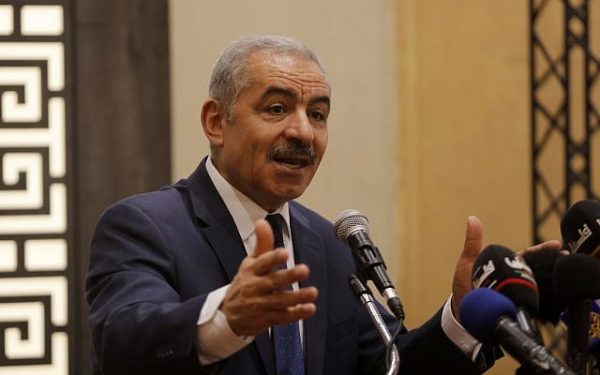
As he put it, “Israel stands today before a big challenge — either the two-state solution or a demographic death. For the first time since 1948, the demographic balance is in favor of the Palestinians. Between the Jordan River and the Mediterranean Sea, there are 6.8 million Palestinians — 3 million in the West Bank, 2 million in Gaza and 1.8 million in 1948 (Israel). The Israelis are 6.6 million. The Palestinians are 200,000 more than them.
“Either the two-state solution or a demographic death; either the two-state solution or no democratic or Jewish state; either the two-state solution or a racist regime in practice and law; either the two-state solution or no peace,” he noted.
These are explosive but cautionary words that Israelis should ponder seriously and can only dismiss at their peril.
The choice for Israel is clear.
It can remain an occupying power and suffer the short-term and long-term consequences. Or it can abandon its self-destructive annexationist pipe dreams and negotiate a two-state peace agreement with the Palestinian Authority in good faith.
Israel cannot have it both ways — denying the Palestinians statehood while hoping for peace.
